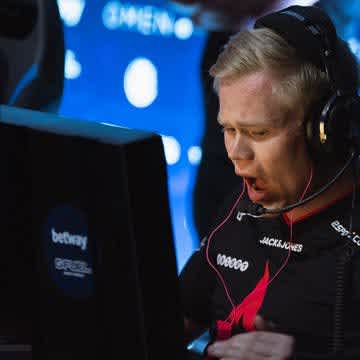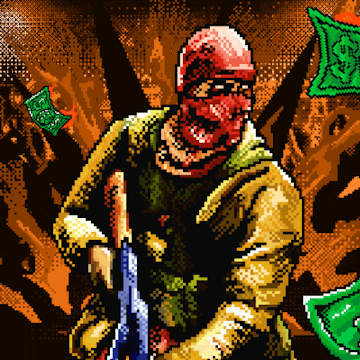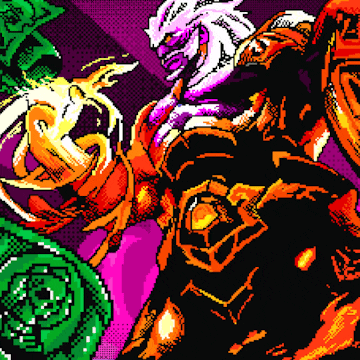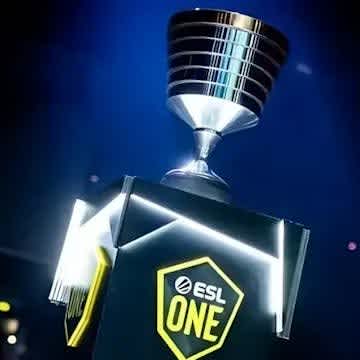New CS:GO Major system announced – invitations, ranking systems
For the first time in the history of CS:GO Majors, Valve is making a large-scale overhaul for the format and qualification system for the biggest Counter-Strike events on the calendar. Though details are scarce and the proposals seem disruptive (completely overriding the planned player break, for instance), the changes seem to suggest a step towards a DPC-like system – crucially, without a TI.
A new Major system
A recent e-mail sent by Valve to tournament organizers has outlined the foundations of a new system for the CS:GO Majors where invitations would not be determined entirely based on the teams’ performances at the previous Major, taking into account their performances at two other specific events as well instead. They have now asked proposals for these events as well from TOs. The criteria are as follows, per HLTV’s reporting:
- The event will be between July and September.
- The event will result in a LAN portion with a minimum of 8 teams. The portion of the event preceding the LAN competition can be online or LAN.
- The event will include a minimum of 24 teams, of which 16 slots are available to teams by Major ranking, and 8 are selected by a process of the TO's choosing.
- The event results will differentiate between the top 16 performing teams and the remaining teams.
- Initial seeding for the event will be done by Major ranking.
- Valve will match up to $250k in prize money.
Taking two more event results into account when determining invites for the upcoming Major should solve one of the biggest issues with the current system: the large gaps between Majors meant that one deep run without any other accomplishments in the circuit guaranteed an otherwise weak team an extended showing at the biggest CS:GO event on the calendar at the expense of more deserving sides.
Unlike in the world of Dota, where Valve is much more involved in the DPC events which determine the invitations for The International, the CS:GO scene is made unique by its strong set of meaningful third-party tournaments and leagues. All eyes are on Valve now to see how this new system will be fleshed out and how it will impact the rest of the calendar. Currently, it’s quite clear that the proposed timing overlaps with the player break planned by the CSPPA, slated to take place between July 15 and August 15.
With multiple competing third-party leagues and questions about exclusivity, this move is likely to cause further disruptions in the CS:GO calendar. With player numbers at record heights (and Dota’s moving in the opposite direction), it will be interesting to see whether Valve will shift priorities between their flagship esports in any capacity.
Read more
CS:GO tournament calendar 2020
Why Valve needs to do more on conflicts of interest in CS:GO













